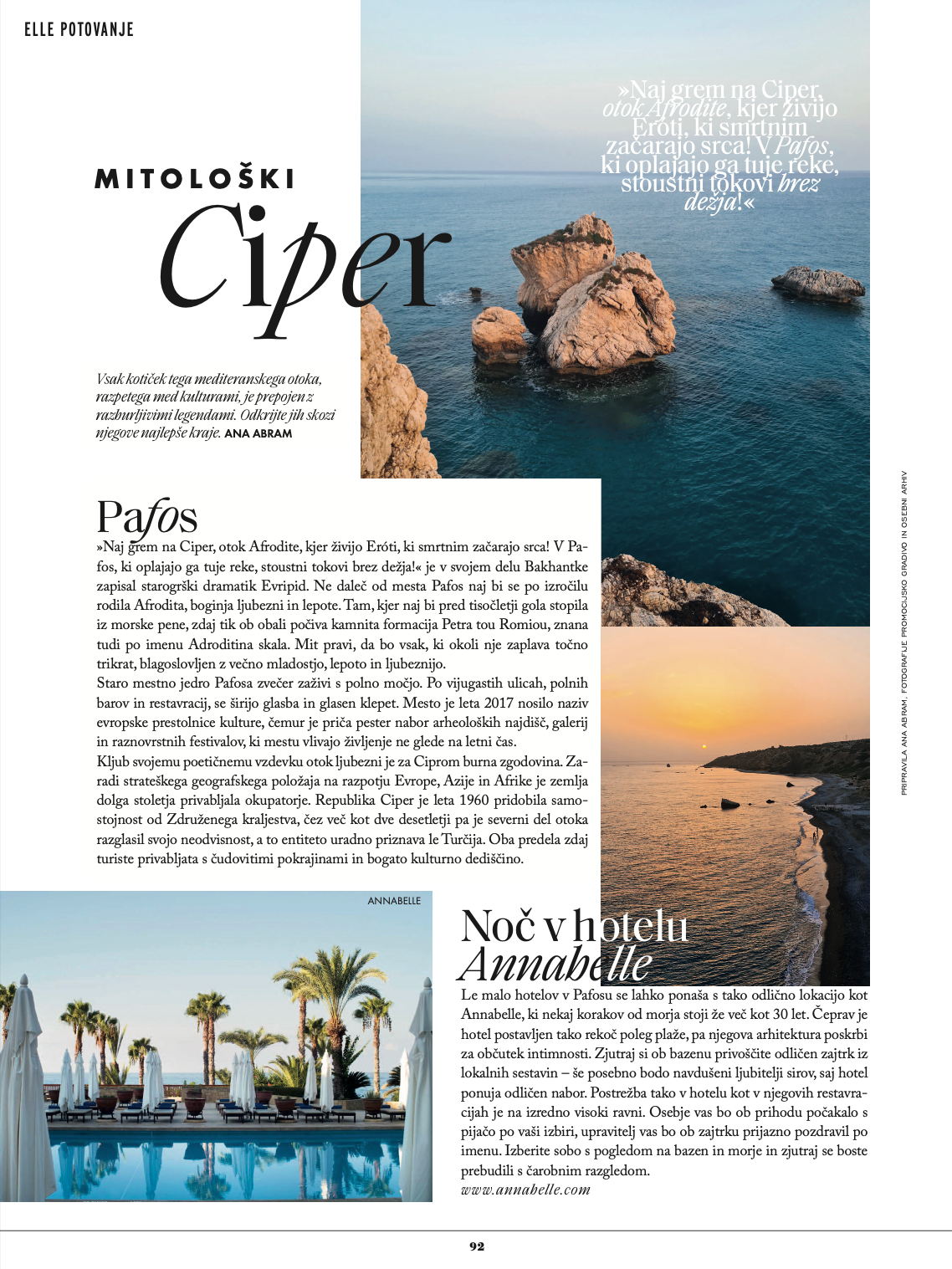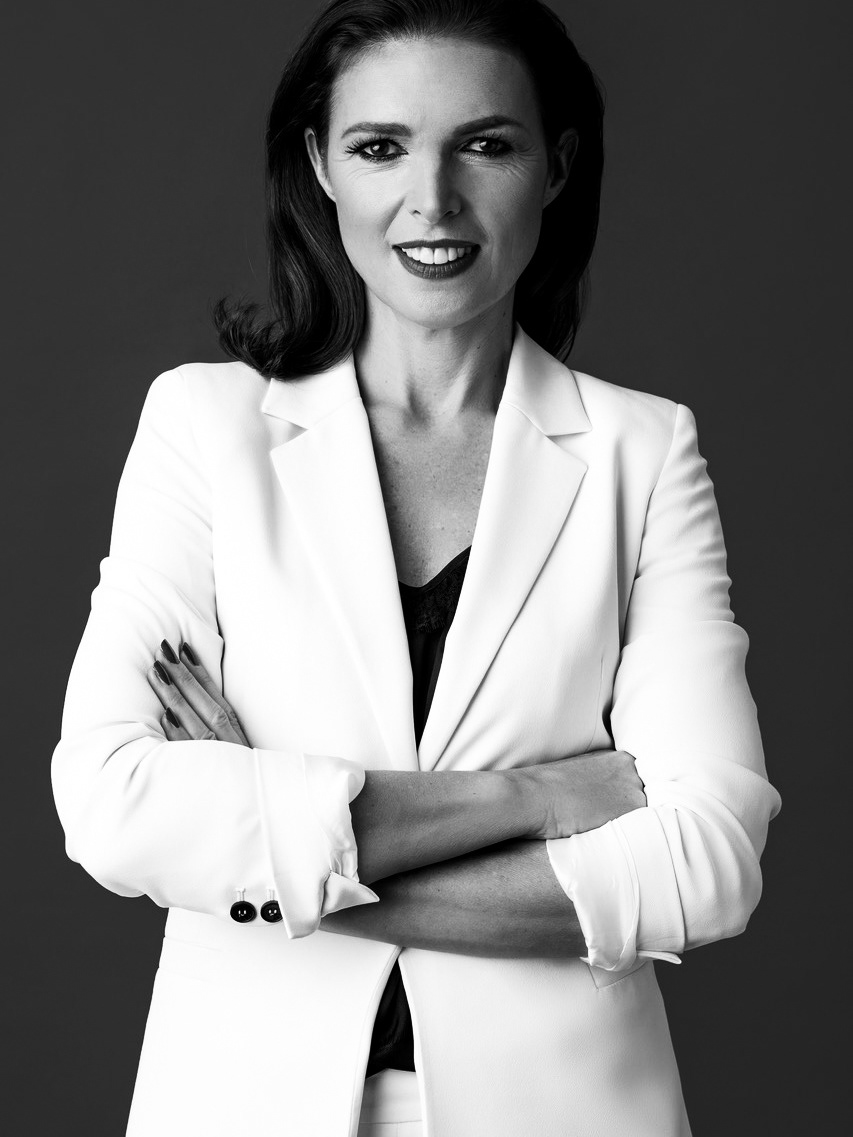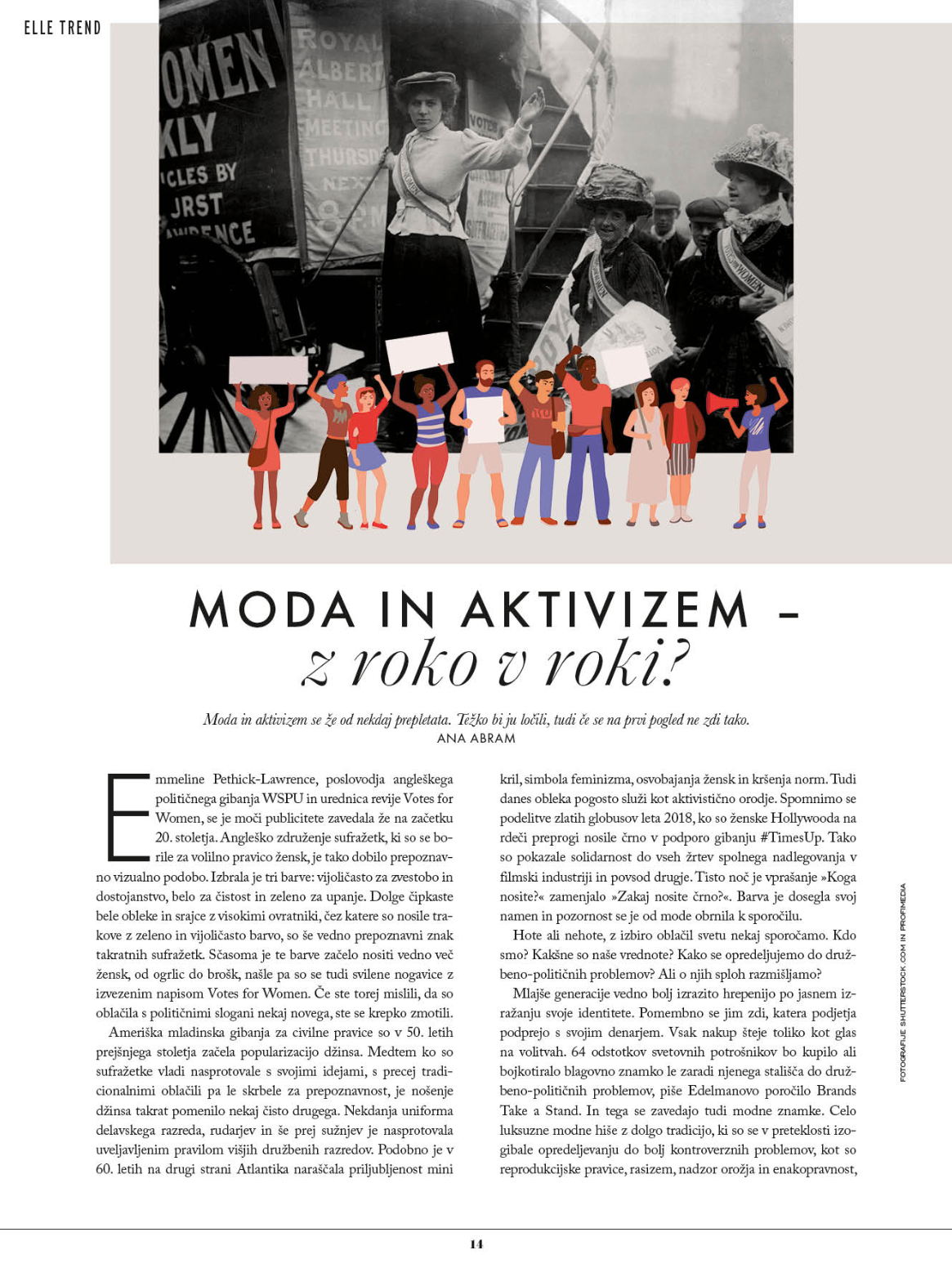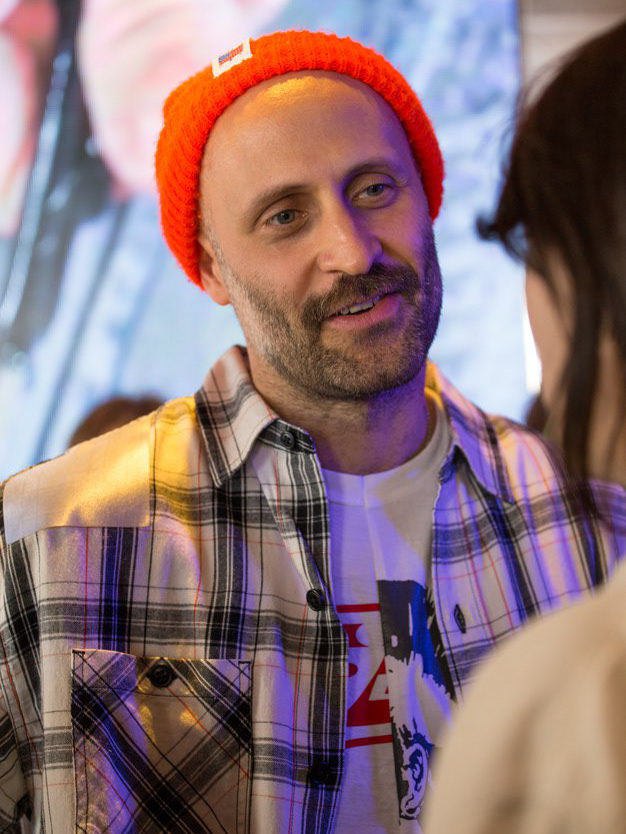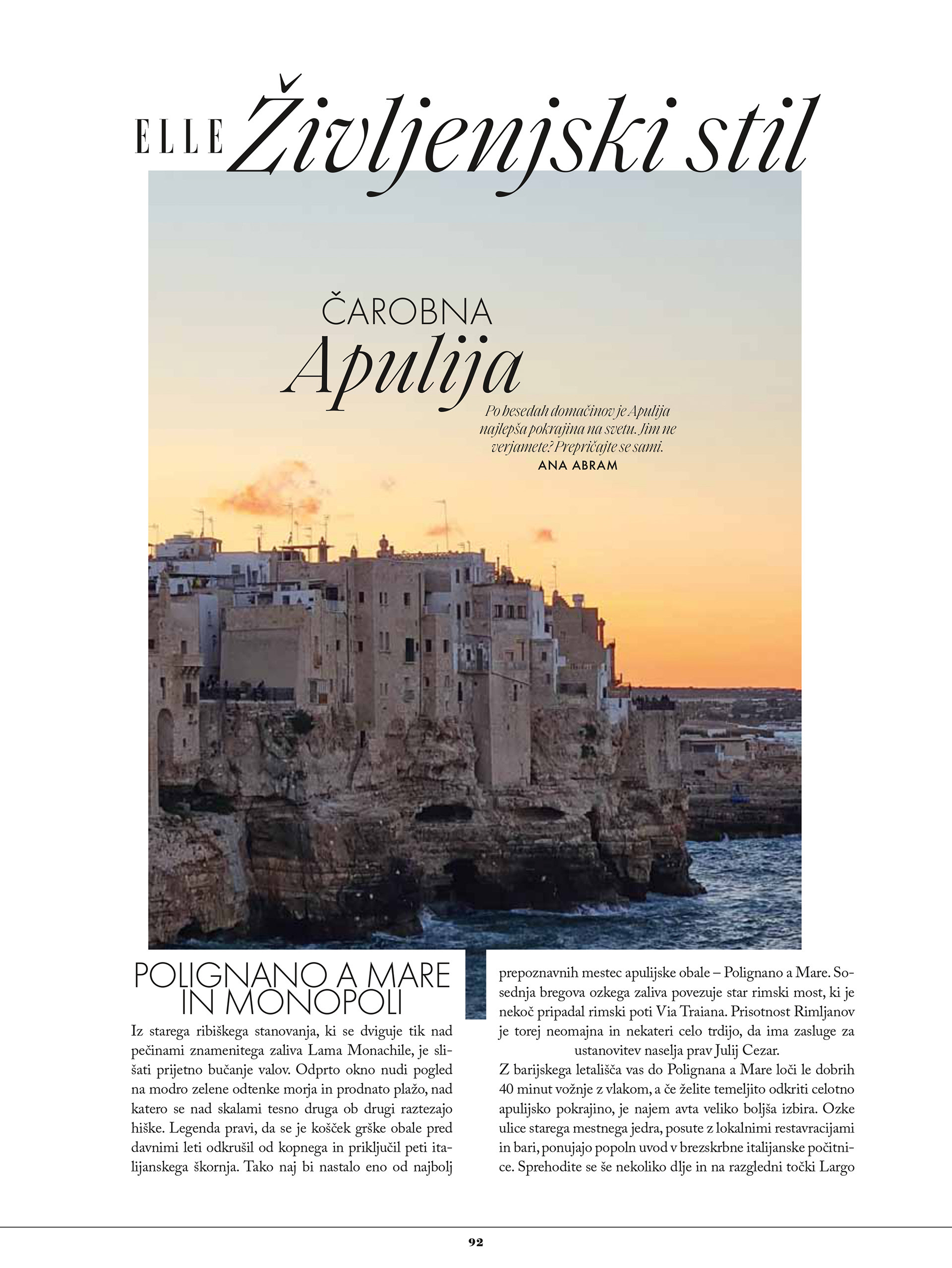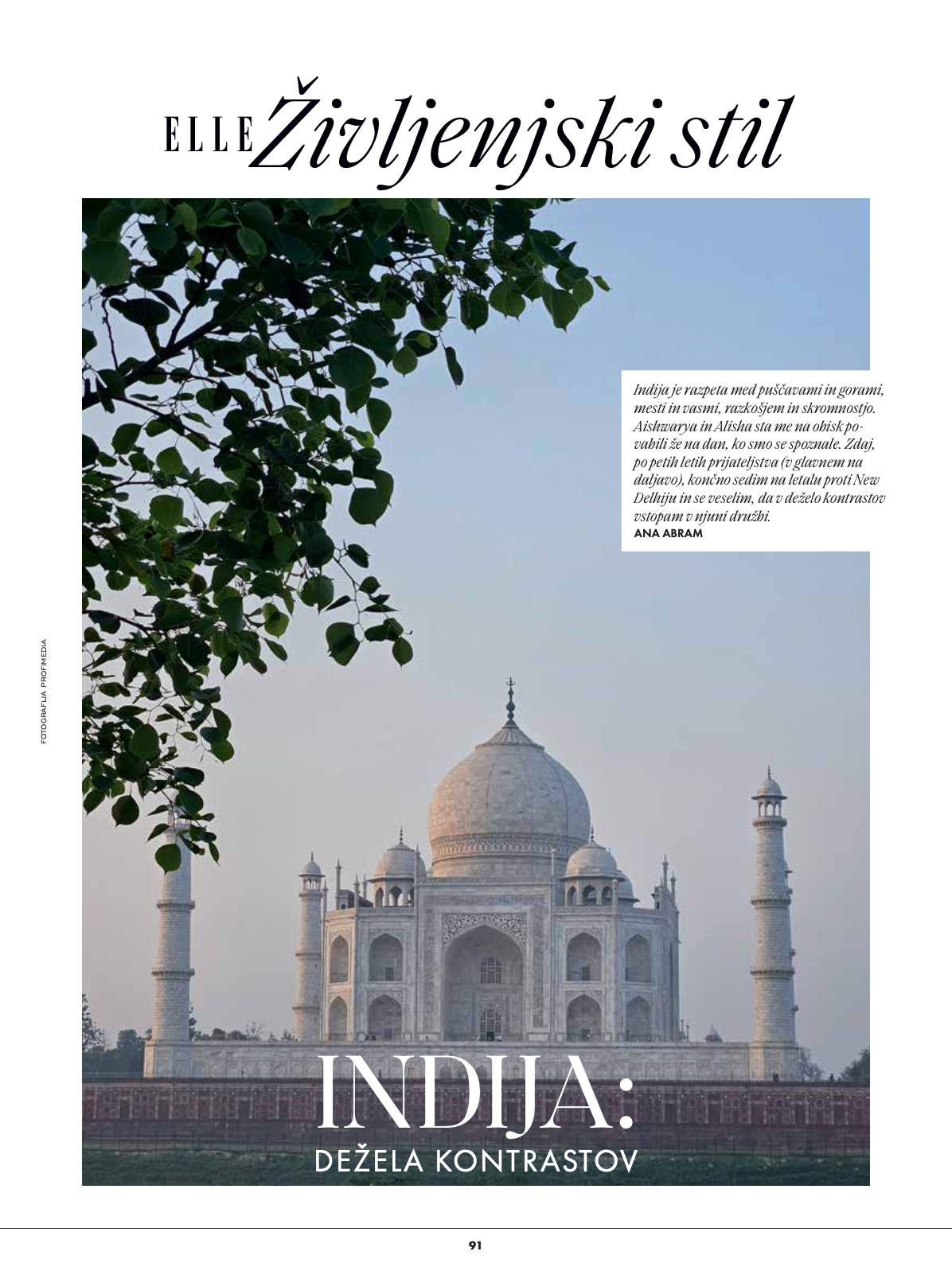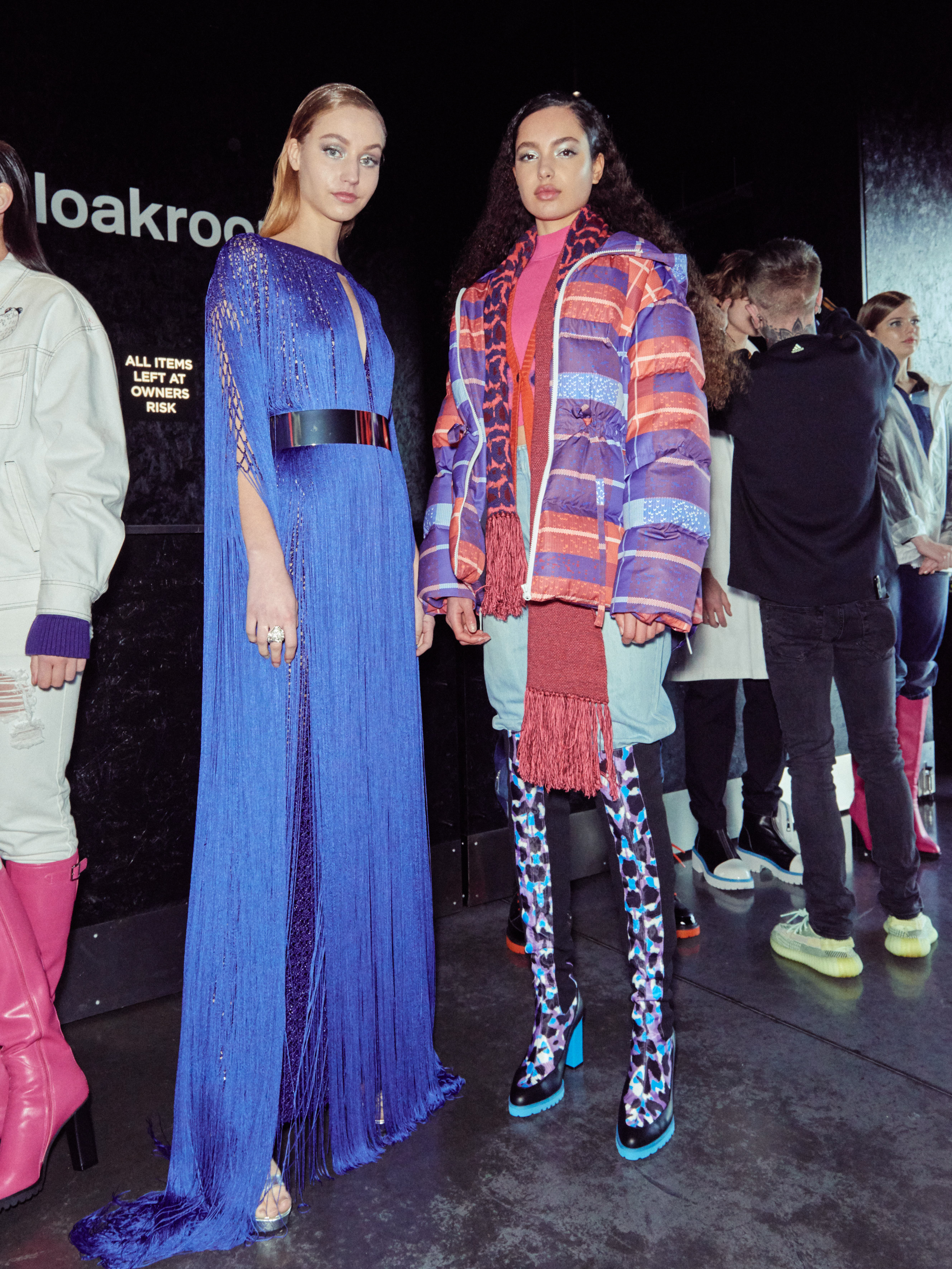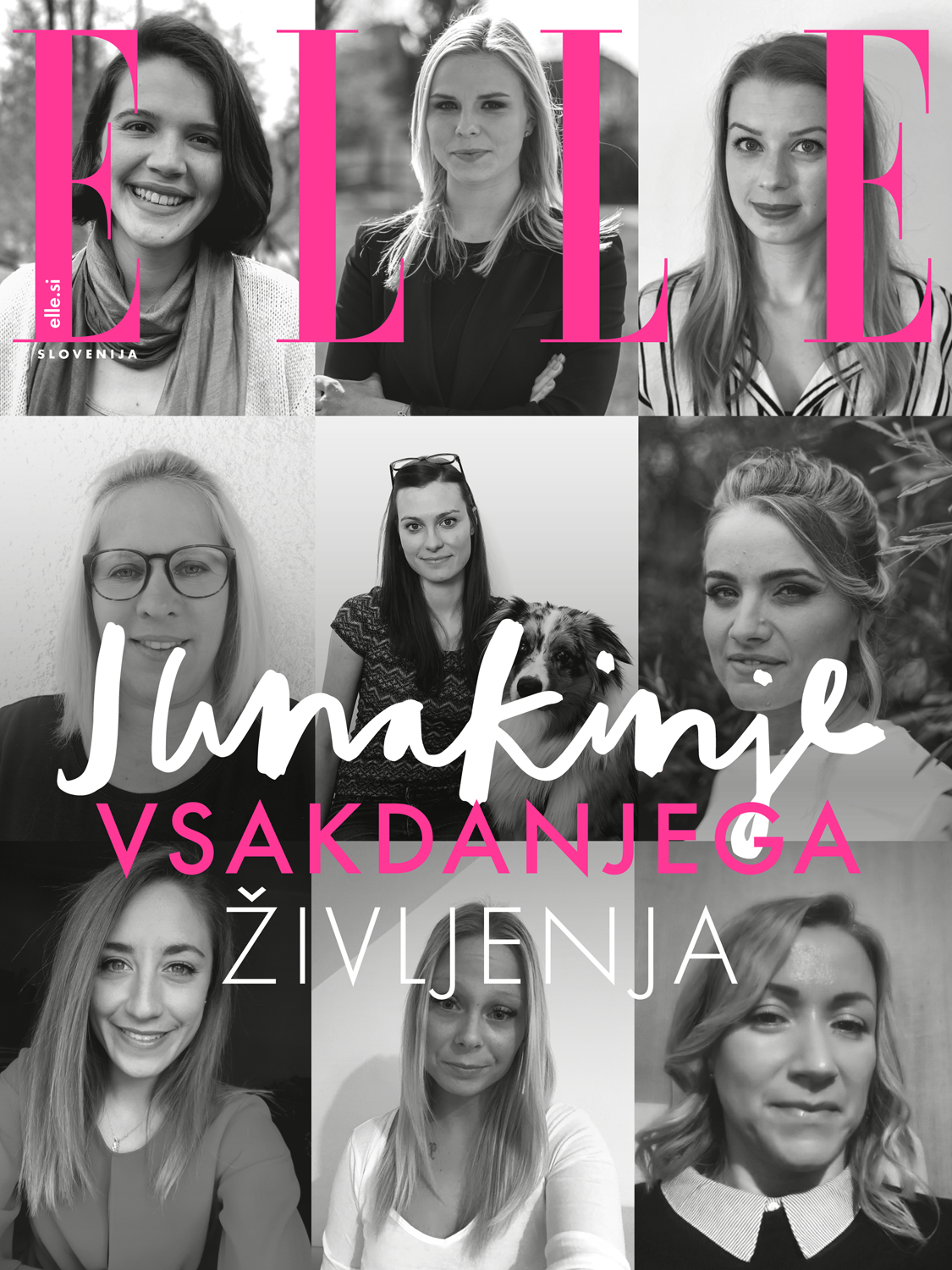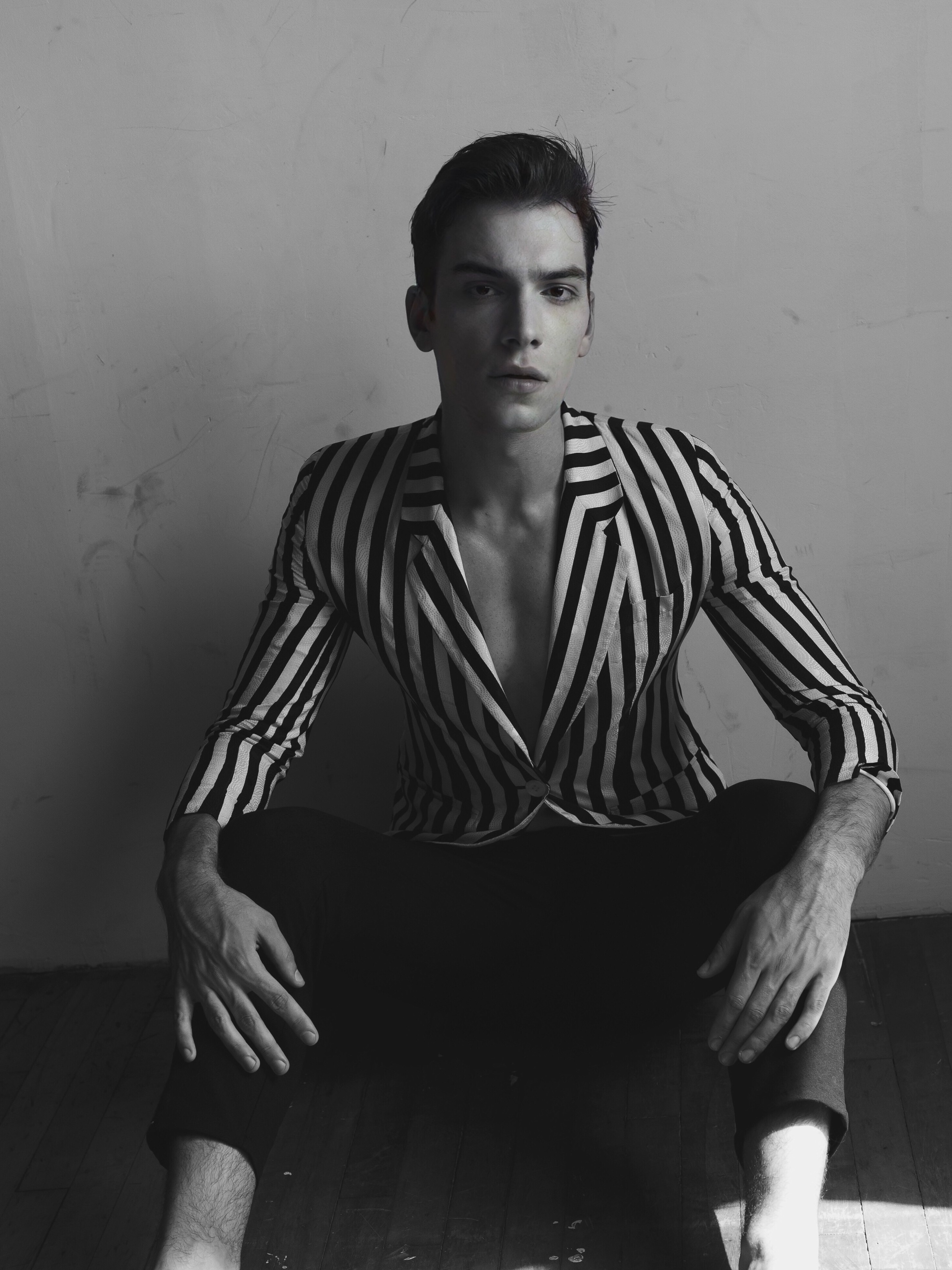Ruth Wilson has always been drawn to complicated female characters. Perhaps you remember her as Alison, a troubled woman from The Affair, or as Alice, a serial killer from Luther? These complex roles provided an artistic and emotional foundation that helped prepare her for her latest role in the mini-drama Mrs. Wilson. Here, she plays one of the most complicated and fascinating characters so far – her own grandmother. When Wilson was only 15, she discovered that her grandfather, whom the family was never allowed to discuss, had led a secret life as a British spy, a famous writer, and a bigamist. Uncovering the truth forever changed her family, but that didn't stop her from sharing this intriguing story with the world.
Working on Mrs. Wilson must have been a personal and a professional challenge for you. Where did you find strength to cope with all that?
Good question. I'm not sure I have yet. I am just starting to process it. I should probably have had a break, to be perfectly honest, but I went straight to another job. It has been quite a mad journey. And we've only just come out end of last year. So, I think I'm processing it now. When it’s released in USA, I will be finally able to properly settle. It was full-on, not only performing, but producing the whole thing, putting it on, and making sure the story was told in a way that satisfied everyone. That was a huge challenge and a responsibility.
This was your first producer credit. Do you see yourself as a producer in the future?
I really loved it. I loved being part of the creative team and I loved being part of the early storytelling process. So yeah, I think that's what I want to go into more. I don't know if I want it to dominate my life entirely, but I've got a few more producing projects coming up. It's definitely something I want to continue in the future.
Can you imagine a project more difficult than Mrs Wilson?
Ruth: No (laughs). I don't think I'll have another project like it ever. Although it was very difficult, it was a profound experience and a huge privilege. All the creative heads (Richard Laxton, Ruth Kenley‑Letts, Anna Symon) were amazing and treated it with such care and integrity. I couldn't have asked for anything more. It was the hardest job I've ever had, but I had an amazing group of people around me, supporting me and helping me through that.
You first read your grandma’s memoir when you were only 15 years old. How do you remember that experience?
My dad and uncle read it first and then asked if the whole family would read it. I just remember being astounded. I think I was even more amazed by my grandfather. It was the first time we'd ever been given any information about him, so that was the thing that everyone focused on. I remember wondering 'Who was my granddad? Who was this guy?' As I got older, it was more my grandmother's story that was fascinating to me. And we'll never really know the truth about my grandfather. We'll keep attempting to find out, but I don't know if we ever will. And I feel maybe we shouldn't find out. Maybe it's better to let that go. My grandmother was extremely courageous and strong. What she went through was extraordinary and that's why, in the end, the drama is made from her point of view. It became so much more interesting and personal with her emotional journey at the core of the story.
How do you remember your grandma? Were you close?
We weren't particularly close. She was around our house every Sunday for lunch and she was present in my life, but she wasn't open or chatty. She definitely had her secrets, and we weren't encouraged to be close to her, to ask her questions, or to share. She was kind of conservative or maybe she just seemed that way. We were close in our own way, but it wasn't personal.
Do you feel closer to her now?
I feel an enormous love for her. And weirdly, when I was about 18, a few years before she died, we became a bit closer. As much as we could. Since having done that [filming Mrs. Wilson] I do feel a strong connection with her. And I feel that a lot of my choices in my work have somehow been defined by her or have been influenced by her.
What exactly do you mean when you say she influenced you?
There was a job that I did called Through a Glass Darkly, which was an adaptation of an Ingmar Bergman play. I did it because it reminded me of her memoir, which is so beautifully written. There are connections to her that I've made. Weirdly, she died the year before I started acting and I have a feeling there’s a connection to that. They might have been completely unconscious choices.
You once mentioned that your creativity comes from your granddad, so do you think that people inherit their creativity, or do we learn it?
I don't know. No one in my immediate family was in the acting profession. My brother is a very good writer, so there is creativity in our family, but it just wasn't obvious. It wasn’t perceived as a profession. To find out that my grandfather was a writer and he acted, it helped me make sense of my life choices. There are amazing discussions aren't there, about nature and nurture? And I certainly wasn't nurtured in a sort of overtly creative way, so it's fascinating to now know that it was actually there all along.
Words by Ana Abram
Published in March/April 2019 issue of Elle magazine Slovenia and on Elle.si
